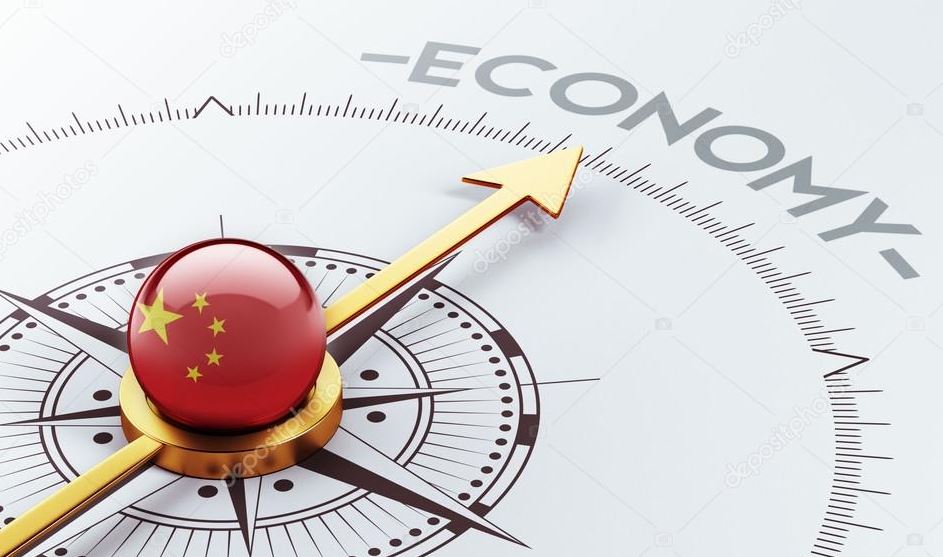China’s economy slowed in the third quarter, amid muted global demand, deflationary pressures and an ailing property sector. The world’s second-largest economy grew 4.9 per cent year-over-year in the July-September quarter, beating the 4.5 per cent forecast by analysts but slowing from the 6.3 per cent growth in the previous quarter, according to official data released on Wednesday. On a quarterly basis, the economy grew by 1.3 per cent in the third quarter, compared to 0.8 per cent growth in the April-to-June quarter.
For the first nine months of the year, China’s economy grew 5.2 per cent compared to the same period last year, suggesting it is on track with Beijing’s target of about 5 per cent growth for 2023. Officials from the National Bureau of Statistics cautioned that the external environment was becoming “more complex and grave” and warned that domestic demand remained insufficient.
Stephen Innes, managing partner at SPI Asset Management, said that although the numbers beat expectations China’s economy is “not out of the woods by any means”.
“This growth suggests a modest improvement in the Chinese economy. However, there are ongoing calls for increased policy support to maintain consistent growth, as there are concerns about the sustainability of the recovery,” Innes said in a note.
The Chinese government in recent months has unveiled a raft of policy support measures to shore up the economy, including infrastructure spending, cutting interest rates and easing curbs for home-buying in an attempt to revive the property sector. China’s trade data, released earlier this week, showed that exports and imports continued to decline although they contracted at a slower rate than previously.
Beijing is aiming for 5 per cent economic growth this year. Analysts estimate that China is likely to reach its goal, although that growth is likely to slow to 4.5 per cent in 2024.
Earlier this year, growth was boosted as people flocked to shopping malls and restaurants after nearly three years of “zero-COVID” restrictions were removed in late 2022. However, growth from the post-pandemic recovery fizzled out sooner than expected.
Retail sales, an indicator of consumer demand, rose 5.5 per cent in September from the same period in 2022. Industrial output, which measures activity in the manufacturing, mining and utilities sectors, rose 4.5 per cent in September compared to the same month a year earlier — a rate of growth similar to last month’s.























